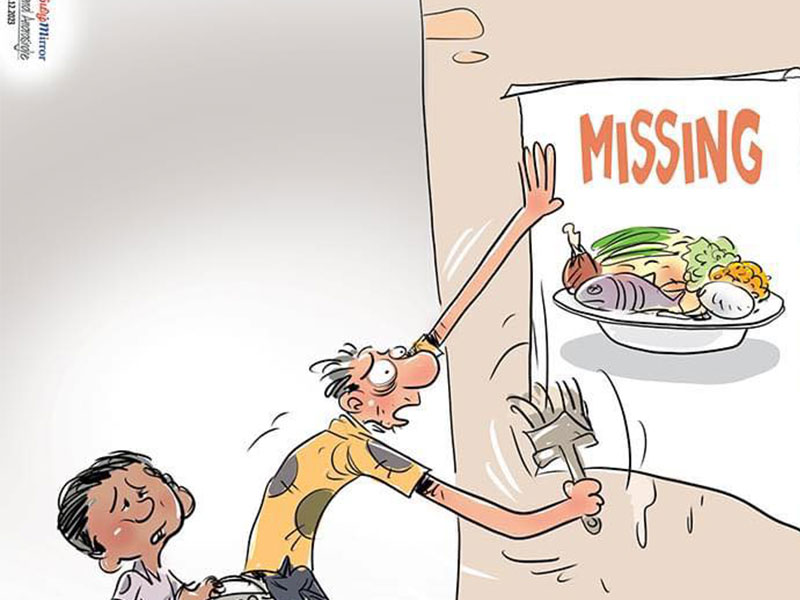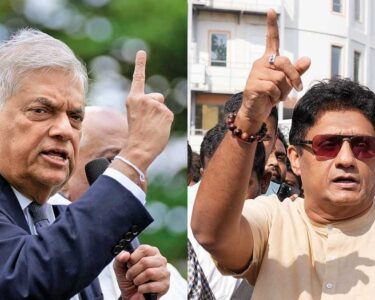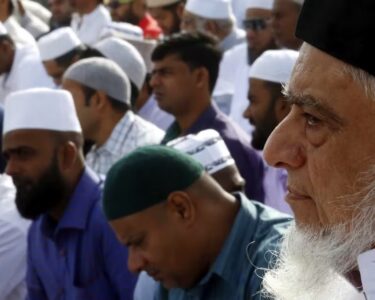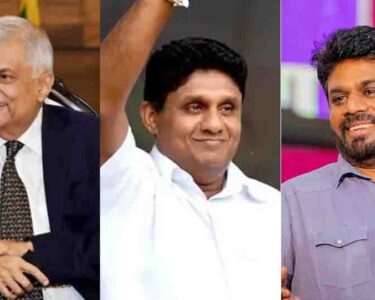Sri Lanka’s story is not a straightforward one of bounceback. Sure, the immediate economic crash has been cushioned, but the island nation stands precariously on a precipice of deeper woes, one built on a crumbling foundation of mistrust between the government and its people. Band-aid solutions may patch economic wounds, but the cancer of corruption, mismanagement, and a chilling disregard for ordinary citizens lurks beneath the surface, poisoning any hope of genuine progress.
The recent flurry of activity—drug raids, tax reforms, reconciliation commissions—feels like a desperate scramble to divert attention from the festering core. It’s like throwing glitter on a rotting building, hoping to mask the decay. The “war on drugs” rings hollow when government ministers flaunt offshore bank accounts and land grabs in the north echo the ethnic tensions that still simmer dangerously. It’s like chasing rats while the opulent house on the hill spews its filth onto the streets below. No amount of rodent control will cure the disease if the source remains unchecked.
Trusted Leadership:
Sri Lanka craves a different kind of leadership, one that doesn’t just talk the talk of unity and progress but walks the talk of trust and accountability. A leadership that recognizes that tax breaks for the privileged won’t magically attract investment, but genuine stability, transparency, and respect for the rule of law will. A leadership that understands that reconciliation needs more than commissions—it needs dialogue, justice, and a fierce commitment to the rights of all its people.
The people of Sri Lanka yearn for a government they can believe in, one that safeguards their land, ensures their safety, and respects their voices. They need provincial councils functioning again, not silenced as tools of political expediency. They need leaders who see beyond electoral cycles, who prioritize the long-term well-being of the nation over short-term gains.
The clock ticks towards 2048, the promised year of progress. But progress built on quicksand crumbles quickly. Sri Lanka desperately needs a reset, a leadership that acknowledges the chasm of distrust and actively builds bridges across it. The future of the nation doesn’t hinge on band-aid solutions and distractions, but on genuine leadership that earns, and cherishes the trust of its people. Only then can Sri Lanka truly climb out of the hole it’s in and build a future worthy of its diverse and resilient spirit







